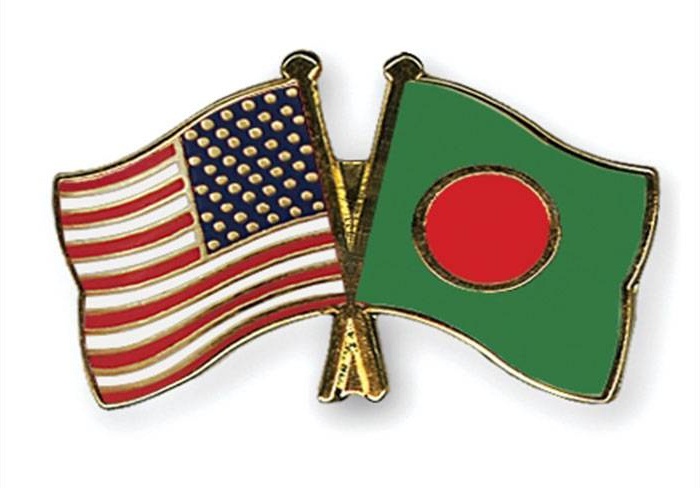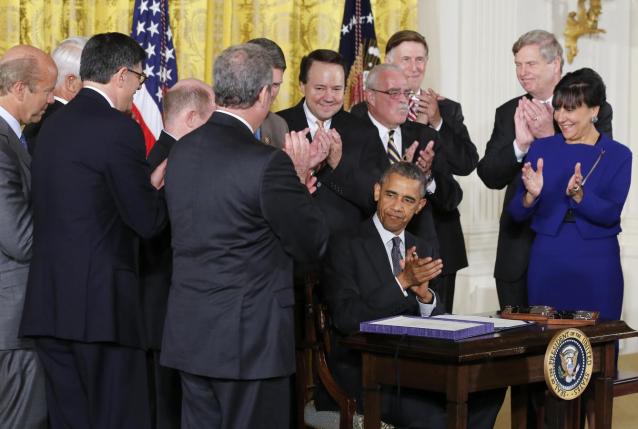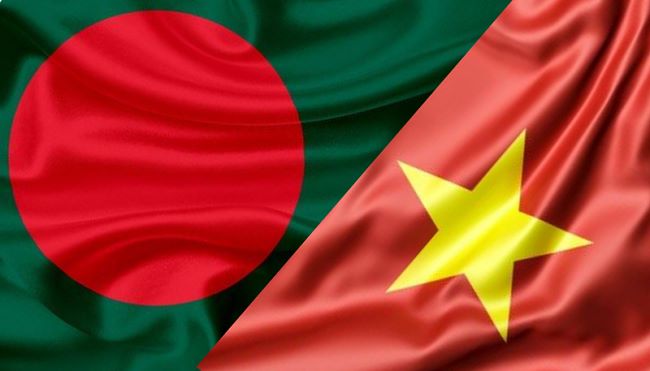
Bangladeshi team to visit US

As per Hedayetullah Al Mamoon, Senior Secretary to the commerce ministry the team will got to America in the last week of September to urge the United States Trade Representative (USTR), the chief trade negotiation body of the American government, to review the progress report of Bangladesh Action Plan once again, and reconsider its decision of not allowing GSP to Bangladesh.
The USTR left out Bangladesh from the list of 122 nations for whom US President Barack Obama re-authorised the GSP, America’s biggest scheme for the world's poor nations, on July 29. The reason for the exclusion was Bangladesh's failure to fulfil all of the 16 conditions the US had laid out when it revoked the trade privilege two years ago on grounds of poor workplace safety and labour rights.
However, Bangladesh has said the country has made "tremendous progress" with the 16-point action plan laid out by the USTR after the twin industrial disasters of Tazreen Fashions fire and Rana Plaza building collapse put a question mark on the country’s fire and labour safety conditions. Bangladesh has worked upon bringing major reforms like the amendment to the labour law to allow full freedom of association by the workers and completion of inspection of 3,669 factories.
Although delayed, the labour and employment ministry hired additional 200 factory inspectors, as per the conditions set by the US. It allowed registration of more than 350 trade unions and opened a publicly accessible database of the garment sector. The government also arranged training programmes for industrial police as per the conditions.
Impediments to GSP access
Bangladesh, despite trying to implement several reforms, failed to formulate the rules for applying the amended labour law of 2013 and bring changes to the law to allow full freedom of association for factory workers of the export processing zones. The government also could not arrest the killer of labour leader Aminul Islam, who was tortured and brutally killed in Tangail in April 2012.
The GSP issue could have been discussed in the second meeting of the Trade and Investment Cooperation Forum Agreement (Ticfa) with the US next month, but the government has now decided to pursue it separately. Bangladesh and the US signed the Ticfa in November 2013 to settle trade-related disputes between the two countries through discussions.
In fiscal 2014-15, Bangladesh exported goods worth $5.58 billion to the US, with 95 per cent of them being garment products, which were subjected to 15.61 per cent duty. A year earlier, the amount was the same at $5.58 billion. American businesses imported $19.9 billion worth of products under its GSP programme in 2012, including many inputs that are used in US manufacturing, according to the USTR.
Ustr.gov












